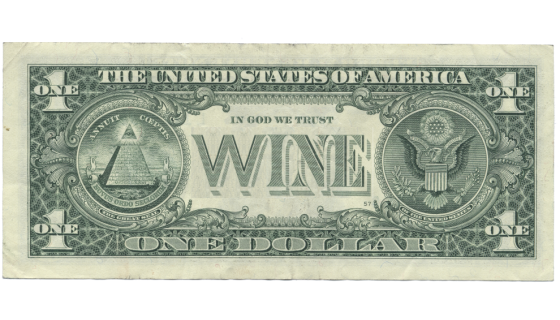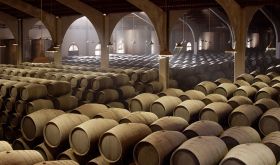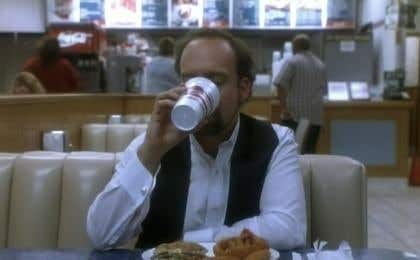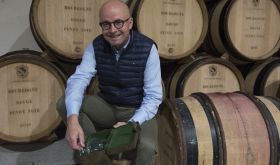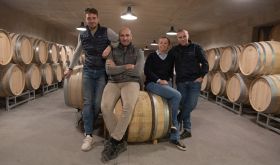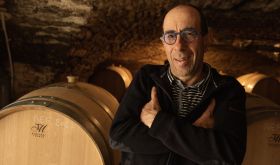Bill Bryson, the tireless chronicler of British whimsy, once observed that you can ‘give two or more men in a pub the names of any two places in Britain and they can happily fill hours’ while they endlessly debate the best routes between them. Indeed, it constitutes the ideal pub pastime because it has no provably right answer, no applicable value (especially in the satnav age) yet can still bestow a certain beer-steeped honour on the most knowledgeable participant.
The same interminable ramble can be activated among wine lovers by asking them whether soil, climate, variety or winemaker is the preeminent influence on wine quality.
Of course, says the first, the most important influence is the winemaker, without whom them there can be no wine. Climate is more significant, counters the second, for the winemaker cannot override the indelible signature of a vintage. Soil is paramount, argues the third, because it is solely responsible for the nuances between the world’s finest wines. Surely grape variety trumps all, protests the fourth, since it is the primary influence on flavour.
This civil opening rapidly deteriorates into bombastic bellowing as each attempts to prove their case by opening more and more bottles as supporting evidence. The wrangling keeps going as long as the wine keeps flowing, when suddenly they reach a begrudging but unanimous agreement.
The most important factor in wine quality, they admit, is money.

It’s a conclusion the wine purist might gustily refute, in the same way that a presidential candidate might deny climate change, oblivious to the evidence. There can be no disputing that the factors which constitute quality in wine – winemakers, land, grapevines – can all be bought. All that’s needed is enough money, plus determination and perhaps a little patience.
Examples abound of how money can buy quality. Jancis wrote recently of how English producer Rathfinny has invested £10 million with the aim of ‘producing over a million bottles a year [...] of the world’s truly great sparkling wines’ – although since nothing has yet been released, the jury is still out on whether they've succeeded.
Back in 1987, when AXA Millésimes bought Ch Pichon-Longueville, the influx of cash immediately improved the quality of the wine, according to Oz Clarke’s Bordeaux (2006). The purchase price was undisclosed but, incidentally, Château Latour was speculatively valued at $600 million in 2008.
For some years now, virtually every Médoc property seems to be building monumental new production facilities, and only the most naive observer could argue such spending doesn’t translate to quality. In the battle of the Bordeaux grands crus, cash is as vital an annual addition in pursuit of excellence as is sugar in pursuit of alcohol.
Perhaps the best example of how money can buy quality in Bordeaux comes from the Secret des Grands Chefs, an audacious project to make wine equal to the first growths. No expense was spared in the creation of these wines, whose fruit is purchased from secret vineyard locations in the appellations of Pauillac, Médoc, Pomerol and St-Émilion. When tasted blind against the likes of Chx Haut-Brion and Lafite, Jancis scored the SGC wines almost universally higher. Money talks.

An even more transparent illustration of the positive correlation between money and quality in wine can be found in Burgundy. In 2014, one hectare of grand cru vineyard cost €4.35 million on average. In a region where quality potential is indisputably linked to vineyard, money is the foremost requirement to access the best. Indeed, this has become a regular complaint from Burgundian natives who bemoan the impossibility of buying even the tiniest tranche of grand cru vines.
Once you’ve bought the land, it’s comparatively straightforward to hire a winemaker, buy oak barrels, employ marketing and distribution staff and woo the trade and public via lavish dinners and tasting events. The only restriction is your budget.
Hapless consumers now play their part by buying into it. None of us is wholly immune to the allure of the expensive. We may logically understand that higher price is no guarantee of higher quality, yet a lust for bottles with five-figure price tags still lurks in our minds. It may be cynical to see wine quality as dependent only on money, but it's ultimately up to wine drinkers to decide what to buy.
Back at the bar, the first wine lover protests that none of this necessarily means that some great wine can’t be made without money. Maybe, says the second, but there are negligibly few instances where more of it doesn’t improve quality. I’m having trouble following this, slurs the third, too many double negatives. Or maybe it’s the wine. Good idea, hiccups the fourth, lessopen anuzzer botol.
This is something they can all agree on.

